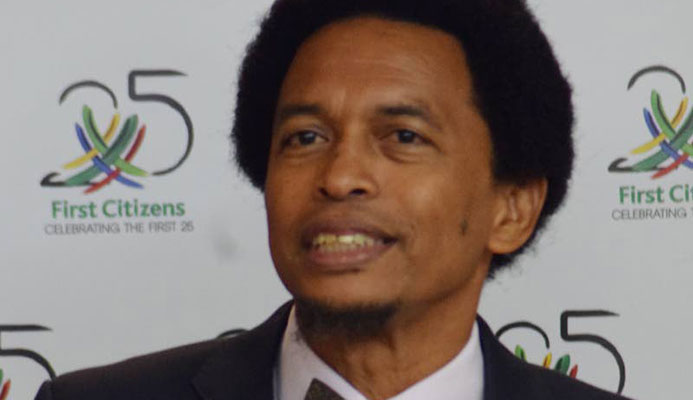Recently I had the opportunity to meet with Theresa Minnie - head of Outreach at the ICSA - the Governance Insitute. She was visiting from the United Kingdom and here to be one of the main presenters at a Governance workshop hosted by the local arm of ICSA. The workshop was held at the Chamber of Commerce building, Westmooring, Port-0f-Spain recently.
It was a very informative conversation. The opportunity to sit on a panel and bring a sports governance perspective was a bit different but enlightening. I thank Mr Wayne Woods for the invitation.
One of the publications Ms Minnie left with me is entitled The Future of Sports Governance-Beyond Autonomy. In the section - Background- the assertion was made that taking stock of governance in sport is timely and necessary. The publication shared the perspective that in the past generation, the sports sector has changed. Unprecedented media exposure and transformative revenue streams have altered the sporting and governance landscapes.
In October 2016, the introduction of the Code for Sports Governance for publicly funded sport saw the requirement of compliance if a sport organisation is in receipt of public funds. UK Sport and Sport England established a new gold standard for sports governance. The Code has for the first time in the UK introduced mandatory compliance in governance. It's going to be a catalyst for significant change.
One of the realities is in the modern era is the huge investment Government is making in the sports sector. This is a worldwide occurrence with a few notable exceptions-USA being one.
Sport is also figuring prominently in policy formulation.
The challenge to sports' strident objections to attempts to diminish autonomy is the increasing involvement of Government is now almost a given.
In the coming years' sport governing bodies will not be able to claim an automatic right to be autonomous. The legitimacy and autonomy of the sport Movement depend on upholding the highest principles of ethical behaviour and good governance.
The ICSA publication appears to be promoting the idea that sports bodies have outgrown the traditional model of autonomy.
I look forward to continuing the dialogue with the ICSA. The Trinidad and Tobago Olympic Committee (TTOC) and the Trinidad and Tobago Commonwealth Games Association must look to non-traditional partners and alliances if it wants to be part of the solution and not continue to be perceived in some quarters as being a significant contributor to the problems.
On a parting note, On Friday the TTOC will celebrate Olympic Day at the Lord Harris Square in Port-of-Spain. Primary Schools from throughout the country have been invited to attend with the required permission obtained from the Ministry of Education.

